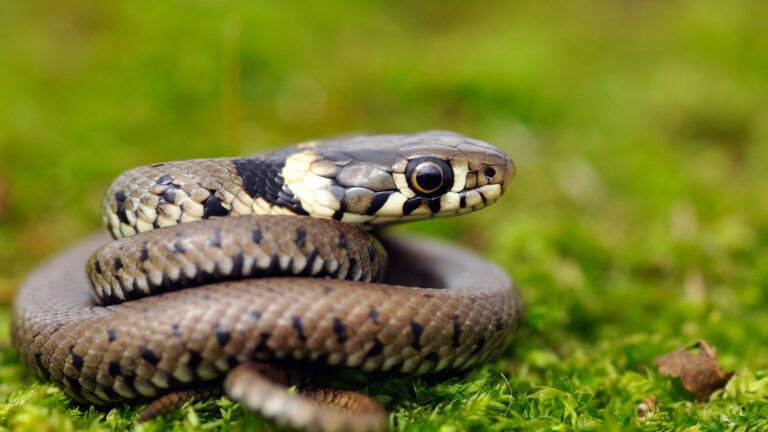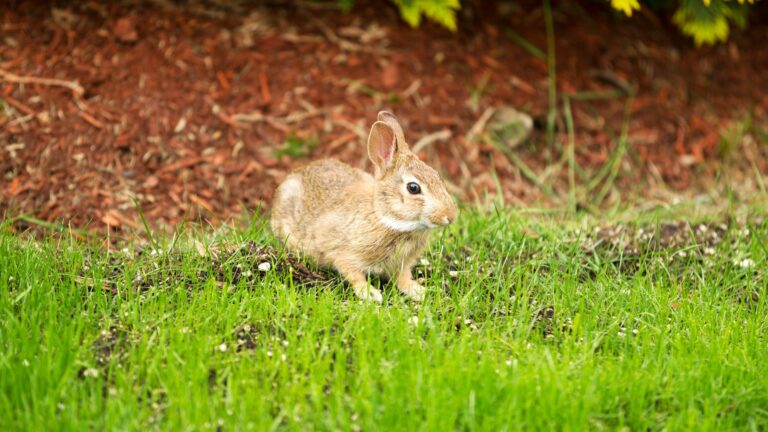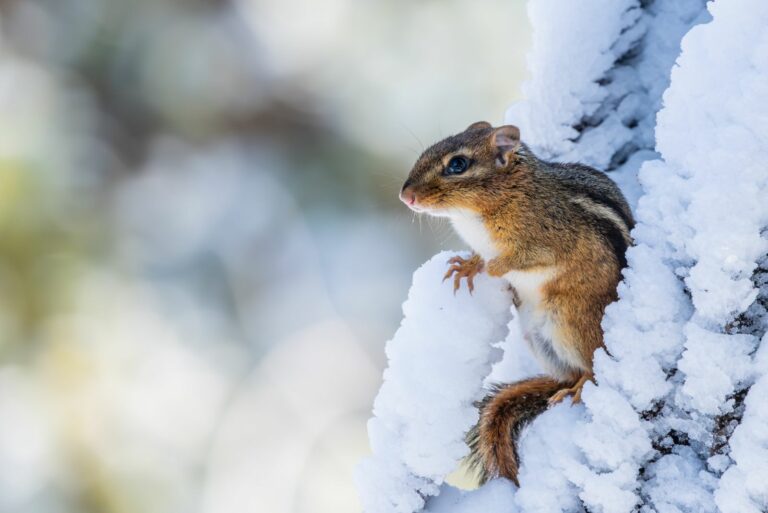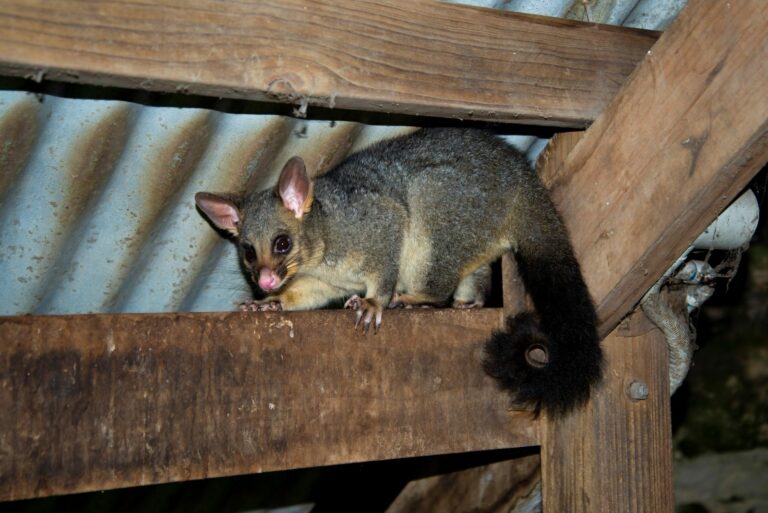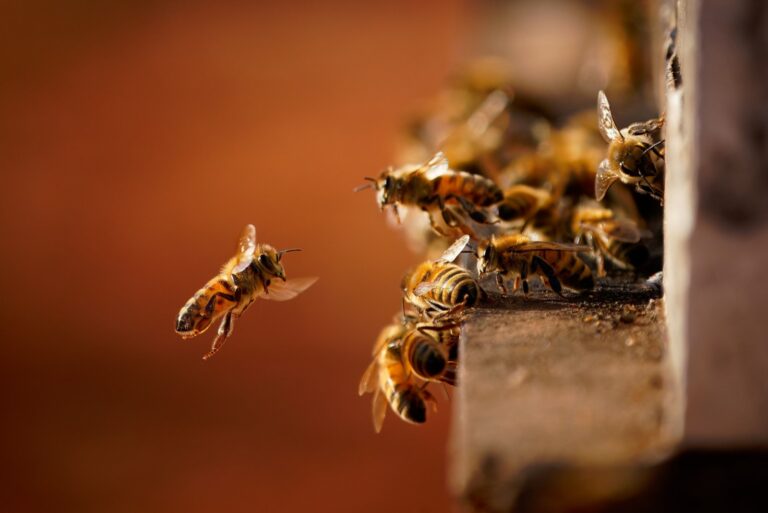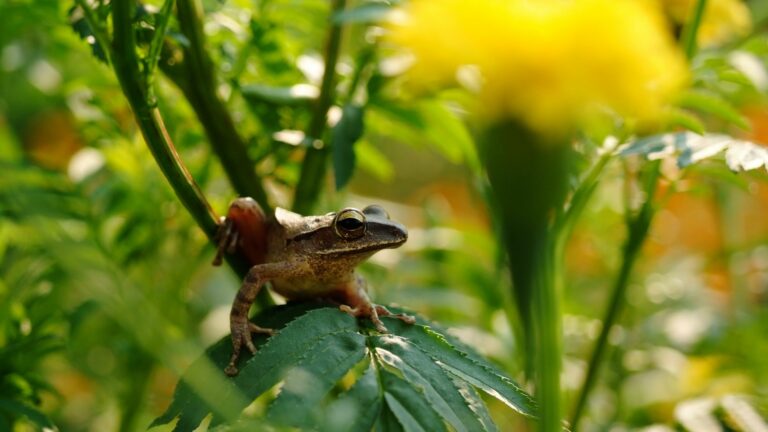12 Plants That Naturally Repel Mice In Pennsylvania Yards
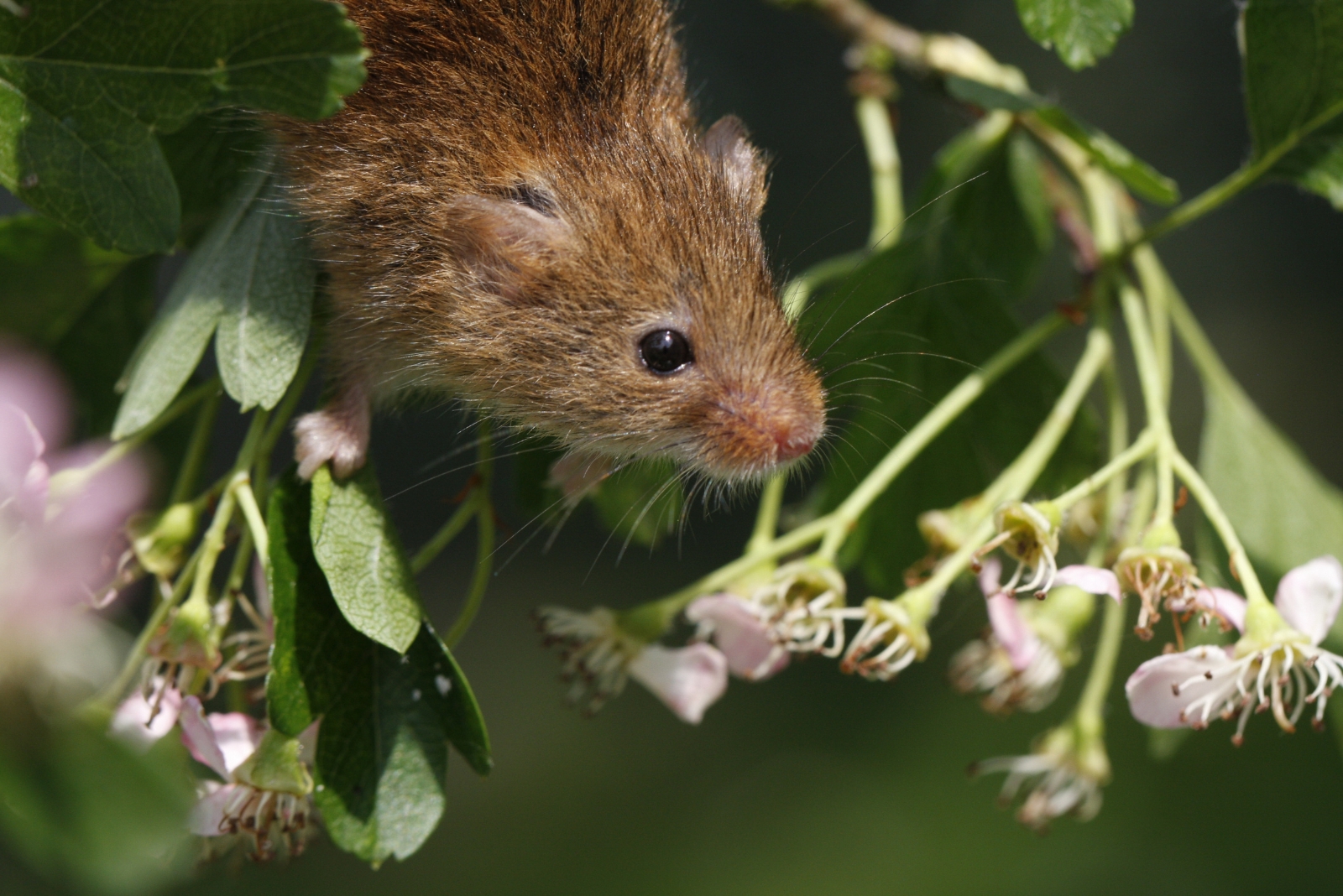
Mice rarely appear alone. Once a single shelter source, food scrap, or quiet corner exists, more follow. Pennsylvania yards often provide ideal cover beneath shrubs, raised decks, woodpiles, and storage sheds.
Some homeowners rely on traps or chemicals, yet natural scent barriers can shift the situation with far less stress. Certain plants release aromas that signal discomfort and discourage mice from settling close to the home.
1. Peppermint
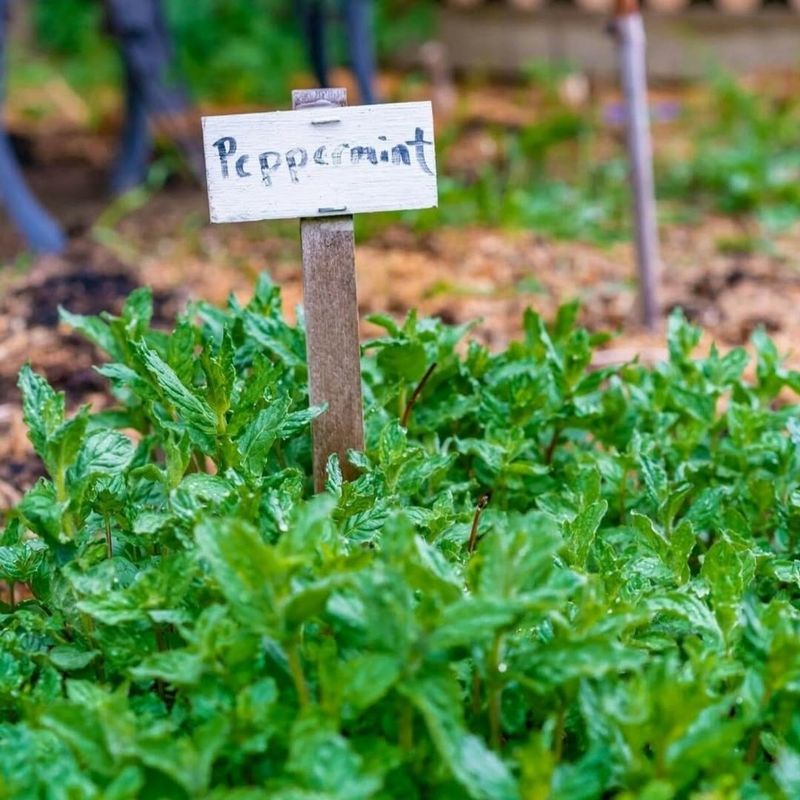
Strong menthol aromas make peppermint one of the most effective natural mouse deterrents available to homeowners. Mice have incredibly sensitive noses, and the overpowering scent of this herb overwhelms their senses, driving them away quickly.
Plant peppermint near doorways, foundations, or anywhere you’ve noticed mouse activity. It spreads rapidly, so consider using containers to control growth.
Bonus tip: crush fresh leaves and place them in problem areas for extra protection during peak rodent season.
2. Lavender
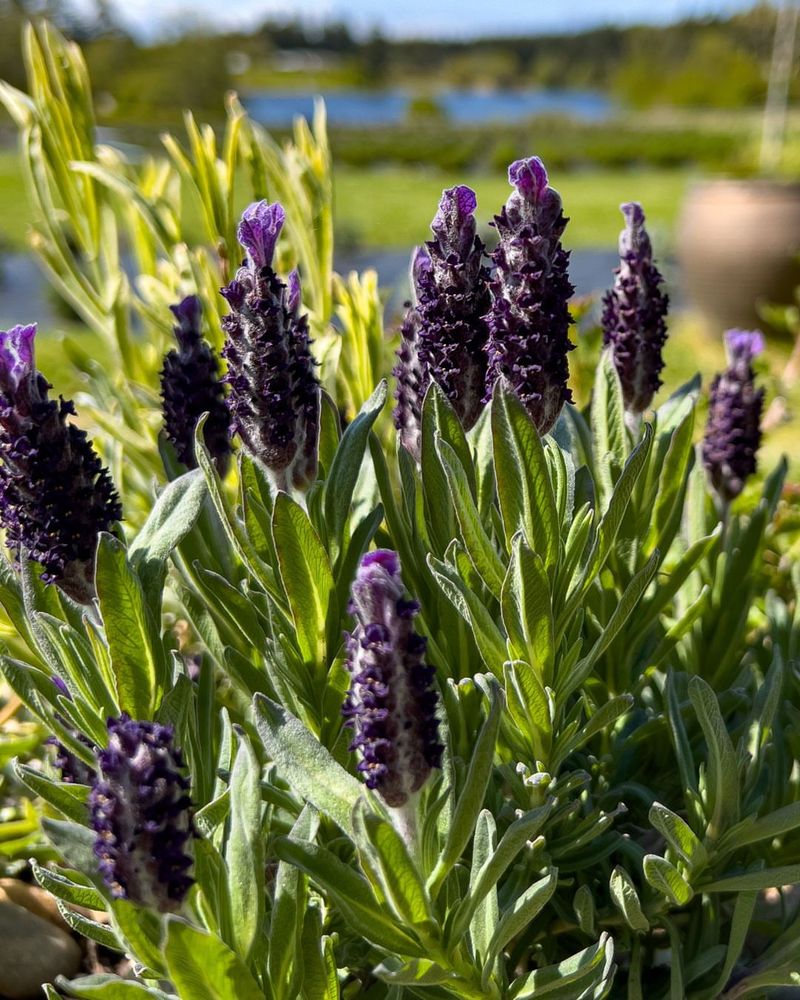
While humans adore lavender’s calming fragrance, mice absolutely detest it and will steer clear of any area where it grows. The essential oils in lavender contain compounds like linalool that irritate rodent respiratory systems.
Pennsylvania’s climate suits lavender perfectly when planted in well-draining soil with plenty of sunlight. Space plants about two feet apart for optimal growth and coverage.
Harvest dried lavender bundles to hang in sheds, garages, or basements for year-round mouse prevention.
3. Rosemary
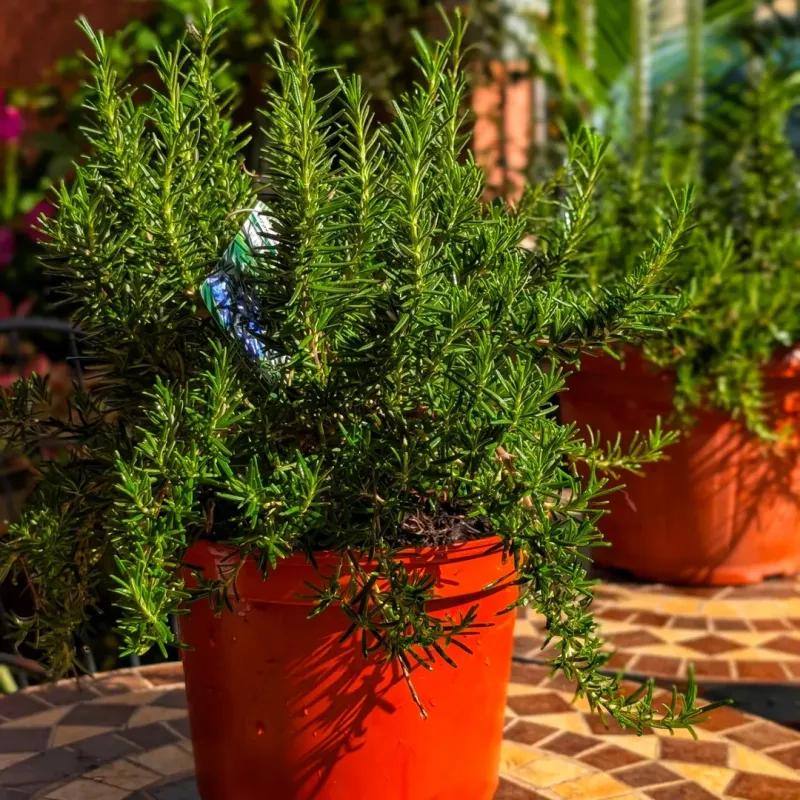
This woody perennial releases a pungent pine-like aroma that confuses and repels mice effectively throughout all seasons. Rosemary thrives in Pennsylvania gardens when given proper drainage and protection from harsh winter winds.
Position rosemary plants near vegetable gardens or compost bins where mice typically seek food sources. The plant’s sturdy branches and dense foliage create physical barriers too.
Did you know? Rosemary can survive mild Pennsylvania winters outdoors with proper mulching and care.
4. Daffodils

Daffodils contain toxic alkaloids in their bulbs and stems that mice instinctively avoid after one encounter. These cheerful spring bloomers provide dual benefits: stunning color displays and excellent rodent protection around your property.
Plant bulbs in fall throughout your yard, especially near foundations and garden beds. Mice won’t dig up daffodil bulbs like they do with tulips or other flowers.
Pennsylvania’s cold winters actually help daffodils thrive, making them perfect for year-round mouse control.
5. Garlic
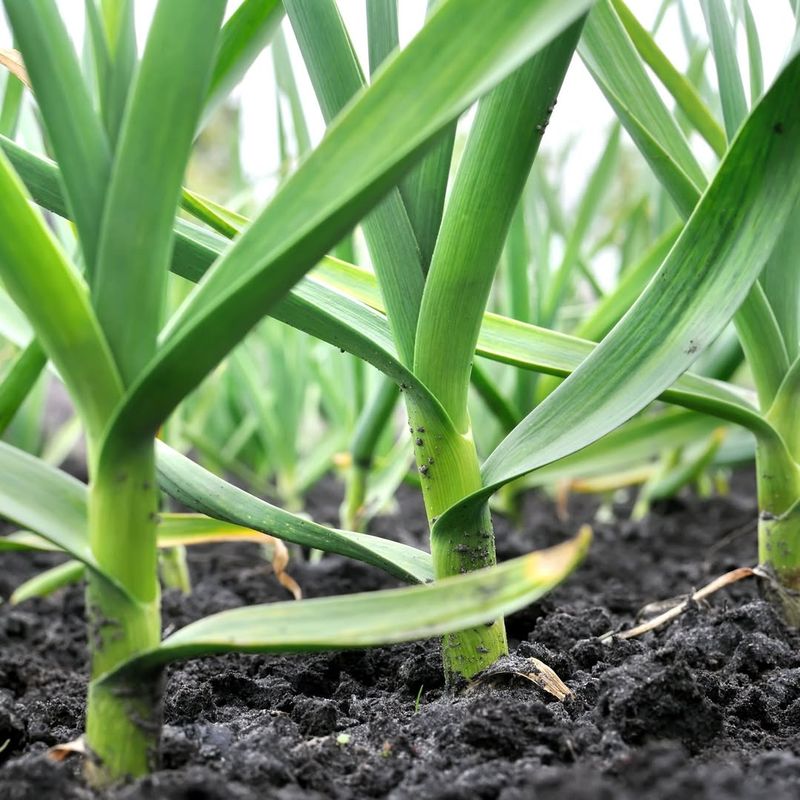
Few scents repel mice more effectively than garlic’s sharp, sulfurous odor that penetrates the air around planting areas. Beyond keeping rodents away, you’ll harvest delicious bulbs for cooking while protecting your property naturally.
Plant garlic cloves in fall for best results in Pennsylvania’s climate. Space them six inches apart in sunny locations with rich, loose soil.
Crush garlic cloves and scatter them around garden edges for immediate mouse-repelling action before plants mature fully.
6. Marigolds
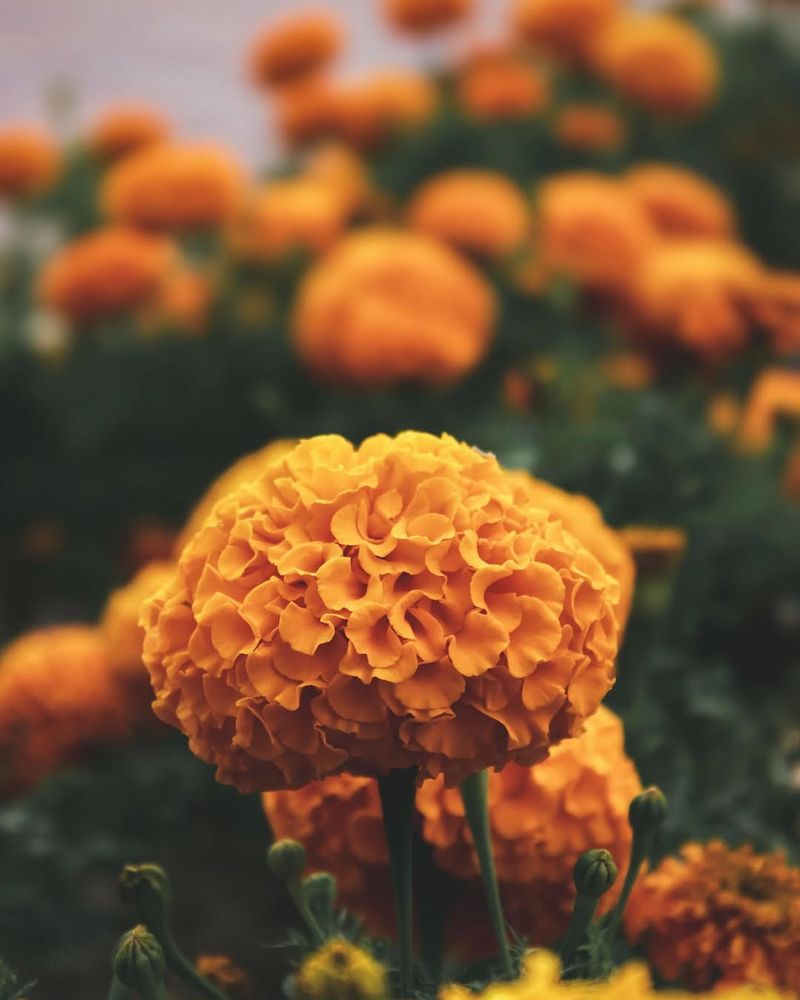
Marigolds produce a distinctive musky scent from their foliage that mice find absolutely unbearable and avoid completely. These hardy annuals bloom continuously from spring through fall, providing months of colorful protection against unwanted rodents.
Border your vegetable gardens or plant marigolds in pots near entry points to your home. They’re incredibly easy to grow from seeds or transplants.
Pennsylvania gardeners love marigolds because they also deter deer, rabbits, and numerous garden pests simultaneously.
7. Catnip
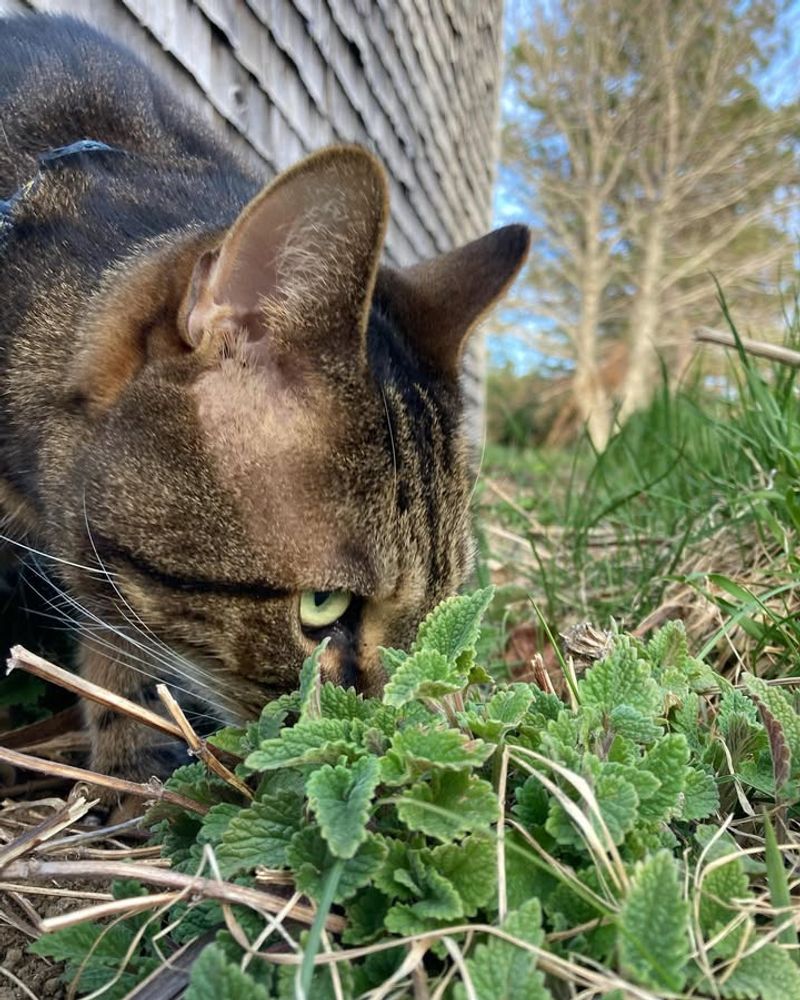
Belonging to the mint family, catnip releases nepetalactone oils that drive cats wild but send mice running in the opposite direction. Studies show catnip can be nearly as effective as commercial chemical repellents without any toxic side effects.
Grow catnip in contained areas since it spreads aggressively like other mints. Plant near sheds, garages, or outdoor storage areas prone to mouse problems.
Your neighborhood cats might visit more often, which provides additional natural mouse control around your property!
8. Sage
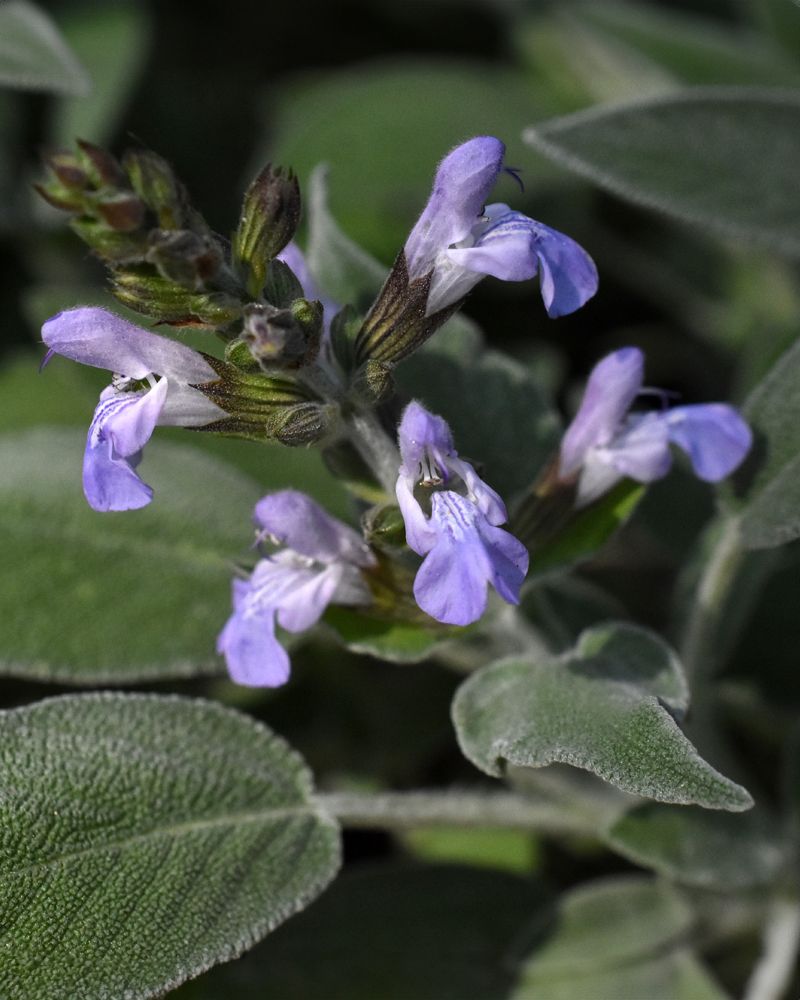
Sage’s earthy, camphor-like fragrance creates an invisible barrier that mice refuse to cross when searching for food or shelter. This Mediterranean herb adapts surprisingly well to Pennsylvania conditions when planted in well-drained soil with adequate sunlight.
Establish sage plants near outdoor dining areas, compost piles, or chicken coops where mice commonly appear. The silvery foliage adds beautiful texture to landscape designs.
Dry sage bundles work wonderfully as indoor mouse repellents in attics, crawl spaces, and storage rooms throughout winter.
9. Chrysanthemums
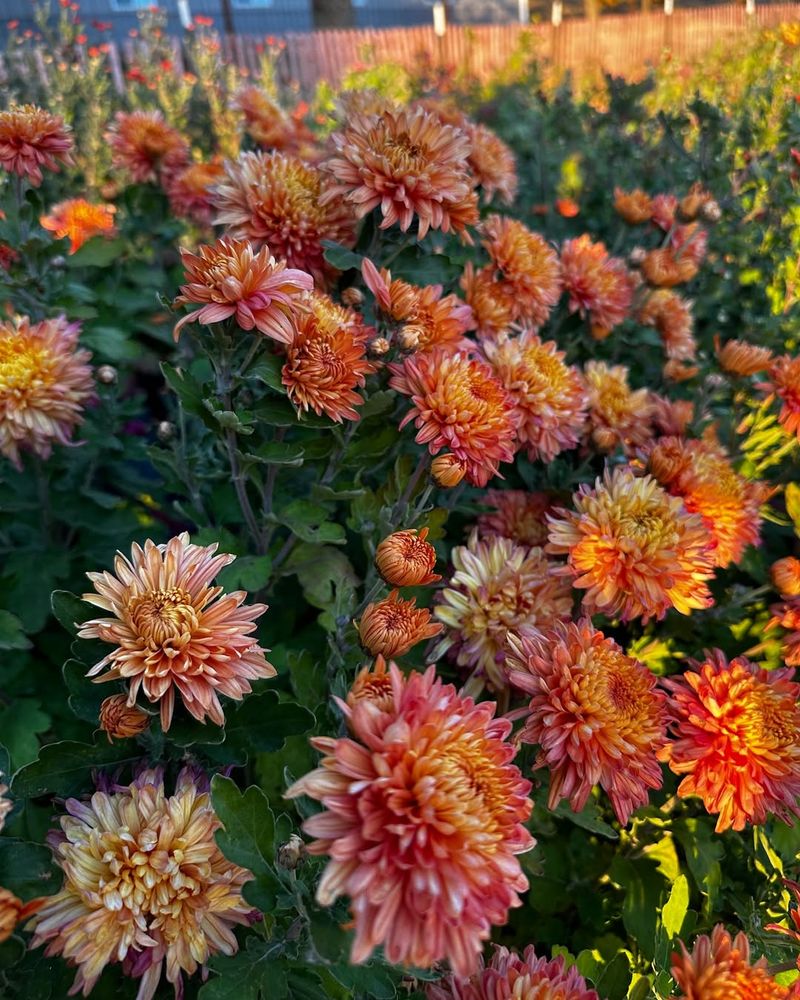
Chrysanthemums contain natural pyrethrin compounds used in many commercial pest control products to repel and eliminate rodents. Fall-blooming mums add spectacular color just when mice begin seeking warm winter shelter around homes and outbuildings.
Plant chrysanthemums around your home’s perimeter in late spring for autumn protection. Choose hardy varieties bred specifically for Pennsylvania’s climate zones.
The flowers continue deterring mice even after frost kills the blooms, since pyrethrin remains in plant tissue.
10. Alliums
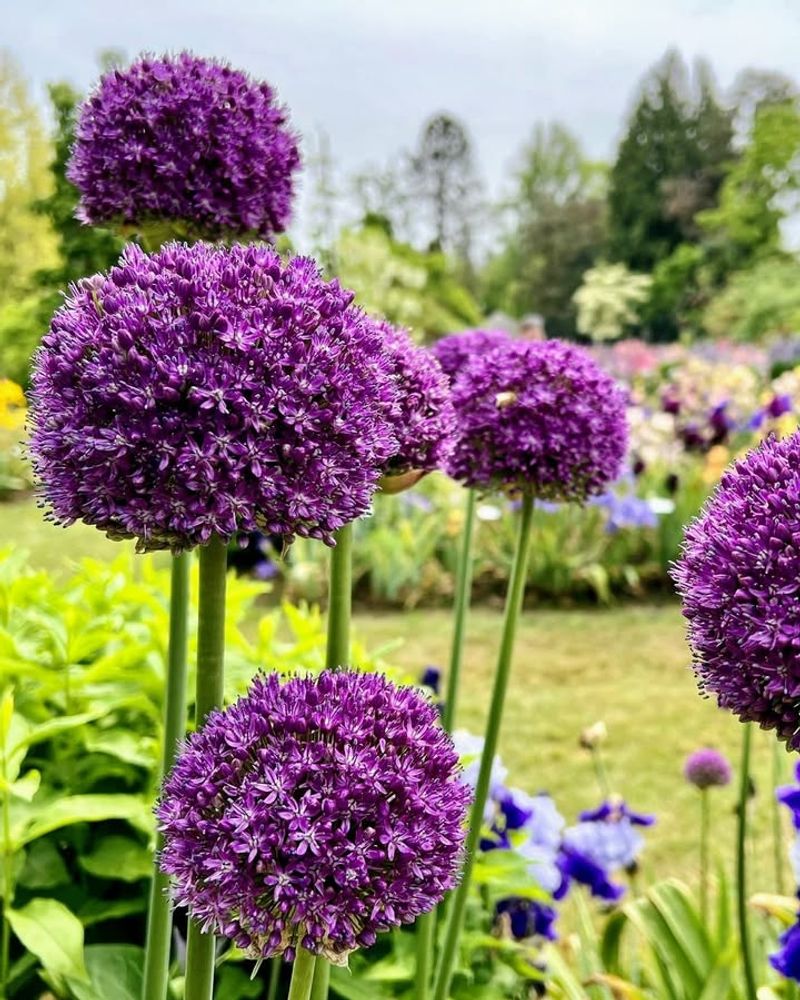
Ornamental alliums produce the same pungent sulfur compounds found in onions and garlic that mice absolutely cannot tolerate. These architectural plants create stunning focal points in spring gardens while simultaneously protecting your property from rodent invasions.
Plant allium bulbs in fall throughout flower beds and borders. Their tall stems and spherical blooms add dramatic vertical interest to landscapes.
Mice avoid disturbing allium bulbs underground, making them excellent companions for other bulb flowers that rodents typically destroy.
11. Thyme
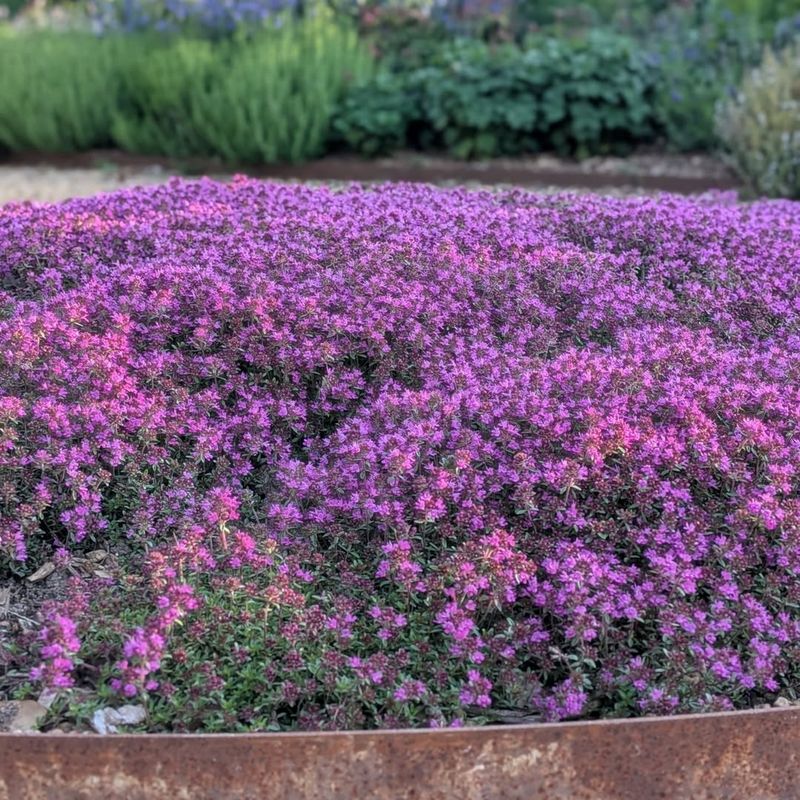
Creeping thyme releases aromatic oils when stepped on or brushed against, creating a fragrant carpet that mice won’t cross willingly. This tough ground cover tolerates foot traffic and Pennsylvania’s temperature fluctuations while requiring minimal maintenance once established.
Use thyme between stepping stones, along pathways, or as edging around garden beds where mice travel. It forms dense mats that discourage burrowing.
Several thyme varieties thrive in Pennsylvania, from lemon thyme to woolly thyme, each offering unique scents and textures.
12. Wormwood

Wormwood’s intensely bitter taste and strong camphor smell make it one of nature’s most powerful mouse repellents available to gardeners. The plant contains absinthin and other compounds that rodents find repulsive, ensuring they stay far away from treated areas.
Plant wormwood strategically around property boundaries or near vulnerable spots like woodpiles and foundations. It tolerates poor soil and drought conditions remarkably well.
Caution: Wormwood can inhibit growth of nearby plants, so provide adequate spacing or use containers for better control.

